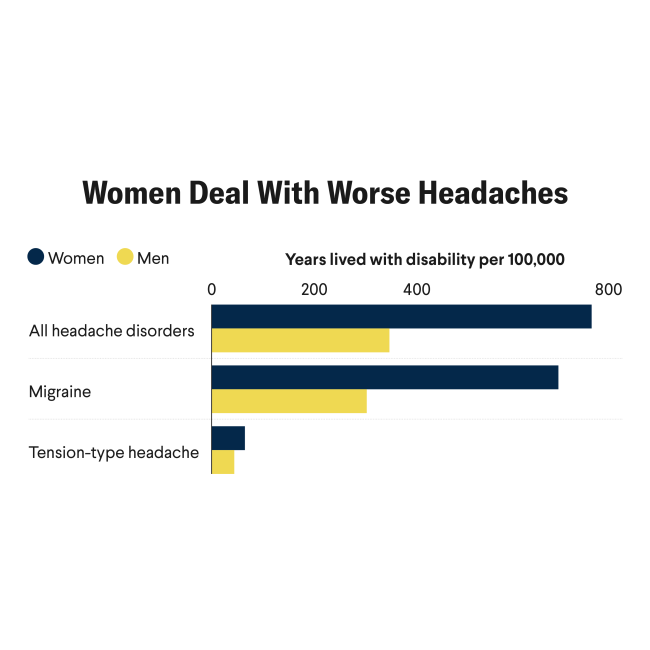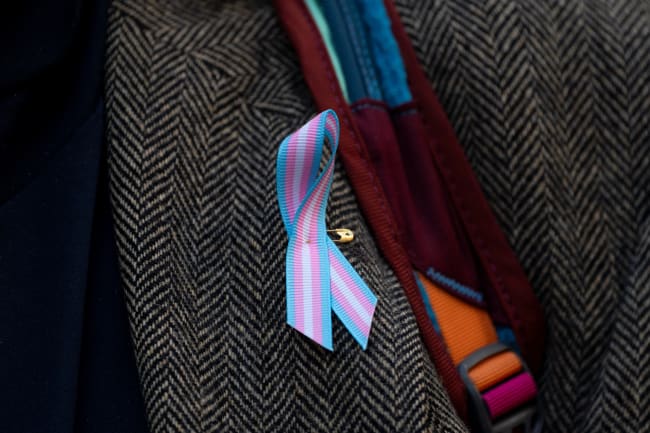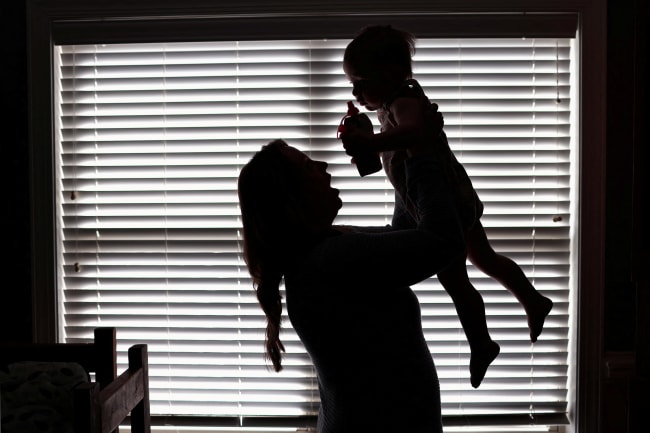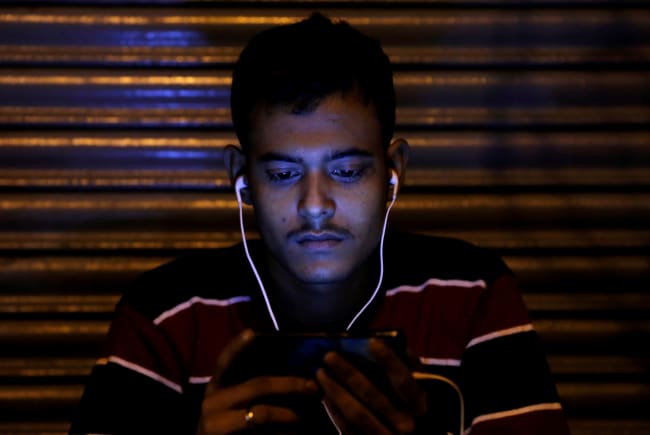Global health's central goal is to achieve health equity for all people worldwide. Yet, our understanding of health-related inequalities (differences) and inequities ("unfair" inequalities or disparities) is still in its infancy. Efforts toward understanding and solving inequity problems have advanced considerably over the past decade in the areas of communicable diseases, and reproductive, maternal, and child health. But these and other areas of research and practice remain wanting. Often sidelined, mental health is plagued with inequities in health-care coverage and access issues which contribute to higher rates of illness and death.
Mental health disorders, neurological disorders, substance use disorders, and self-harm (MNSS) are determined by a complex web of interrelated biological, psychosocial, and socio-economic factors, according to the Lancet Commission on Global Mental Health and Sustainable Development. Inequalities and inequities related to MNSS are linked to numerous determinants of health, including geography, social groups (for example, race in the United States and caste in India), economic groups, residence partitions (rural, suburban, and urban), and gender.
"Among mental health disorders, mood (depression) and anxiety disorders have a greater impact on women than men"
Gender-based disparities in mental health and MNSS-linked disability and death persist throughout the world and are linked to several biological and psychosocial factors. In 2019, total MNSS burden—years lived in disability and those lost to early death—in men and women were 3,763 and 3,793 per 100,000 people, according to the Global Burden of Disease (GBD) study led by the Institute for Health Metrics and Evaluation (IHME). However, looking closer at specific conditions or groups of conditions reveals important gender differences.
Among mental health disorders, mood (depression) and anxiety disorders have a greater impact on women than men. Hormonal differences and society's expectations that women conform to traditional gender roles contribute, research suggests. Men have higher morbidity and mortality related to substance use disorders—mainly alcohol use disorders. Endocrine and metabolic differences along with sociocultural and history of substance use are factors, as well. Self-harm burden and suicide deaths are also greater among men compared to women with studies linking suicidal behaviors in men to isolation, negative life events, trauma, unemployment, and drug and alcohol dependence, among other risks.
Neurological disorders, including age-related conditions, are also split along gender lines. Men are more likely to suffer from Parkinson's disease and epilepsy, while women are more likely to be diagnosed with Alzheimer's disease and migraines
Differences in the Global Burden of MNSS Conditions Between Men and Women
MNSS includes mental health disorders, neurological disorders, substance use disorders, and self-harm
Gender-based differences in MNSS tend to vary based on the economic standing of countries. For instance, World Bank data indicates that MNSS burden in lower- and upper-middle-income countries (LMICs and UMICs) is much greater than it is in low- and high-income countries (LICs and HICs). This suggests that more resources are needed by MICs in the areas of global mental health research, practice, and financing. More critically, the data shows that mortality and morbidity (illness and death) due to MNSS among men is greater than it is among women in LICs and LMICs while the pattern flips for UMICs and HICs. Countries must design gender-specific mental health policies with attention to specific conditions and contexts.
MNSS Burden Among World Bank Country Income Groups
MNSS includes mental health disorders, neurological disorders, substance use disorders, and self-harm
Investigating how mental health policies address gender differences is imperative. WHO MiNDbank data from 109 countries reports countries that are acknowledging gender-based differences in mental health needs and if those countries are actively providing recommendations that address these differences.
Global Distribution of English-Language National MNSS Policy Documents
MNSS includes mental health disorders, neurological disorders, substance use disorders, and self-harm
Promisingly, over three-fourths of 109 countries acknowledge gender-based differences in mental health. Though only about half provide recommendations that address these differences. Thirty-six percent of LMICs acknowledge gender as it relates to mental health, followed by 33 percent of HICs, 20 percent of UMICs, and 11 percent of LICs.
Even when countries acknowledge gender-based differences and disparities, they don't readily provide recommendations, strategies, or action plans. Only a third of LMICs and less than a fourth of countries in other income groups have policies that provide relevant recommendations.
It is crucial to note that while HICs as a group may not lead with the most countries with relevant policies, they boast the greatest number of documents addressing gender-specific policies, including Australia, New Zealand, the United States, and the United Kingdom.
LICs have the fewest number of gender-based MNSS policies. While most policies that do exist recognize gender differences in mental health disorders, focus on self-harm and substance use is limited and few address neurological conditions.
Countries with Mental Health Policy Documents that Provide Recommendations
Lack of acknowledgment and recommendations are not the only impediments to gender-equitable mental health care. Policy mismatch—policies that are not aligned to specific disparities—have been responsible for delaying progress in several MICs and LICs. For instance, in 2016, India accounted for 37 percent and 26 percent of global suicides in women and men, respectively. Indian women suffered greater suicidality than their male counterparts and their suicide rate was twice the global average among women. What's more, suicide is as much of an issue among women in India as it is among men, including a large number of suicides among young housewives. Yet, no MNSS policy in India recognizes this issue nor does the country have a standalone suicide prevention policy or strategy. Policy mismatch is also an issue in Lesotho and Uganda which have the second and third highest suicide rates among women, respectively, but no policy solutions in place. In the Ukraine in 2019, the self-harm burden among men was seven-fold greater among women and five-fold the global average for men, but the country lacks self-harm prevention policies and strategies. Globally, Mongolia faces one of the highest alcohol use burdens, an acute problem in men. However, their substance use policies fail to address it.
While researchers continue to investigate the gender differences in MNSS disease burdens and map biopsychosocial factors responsible for them, global health and public health policymakers need to acknowledge and attend to the gender differences in MNSS. Contemplating which differences are disparities and how best to tackle them is a collective challenge faced by the global mental health community. As our understanding of gender identity and biological sex relationships grows, policies and investments need to keep up with the intersectional considerations for disparities, too. The global mental health equity project must begin with ensuring gender equity.
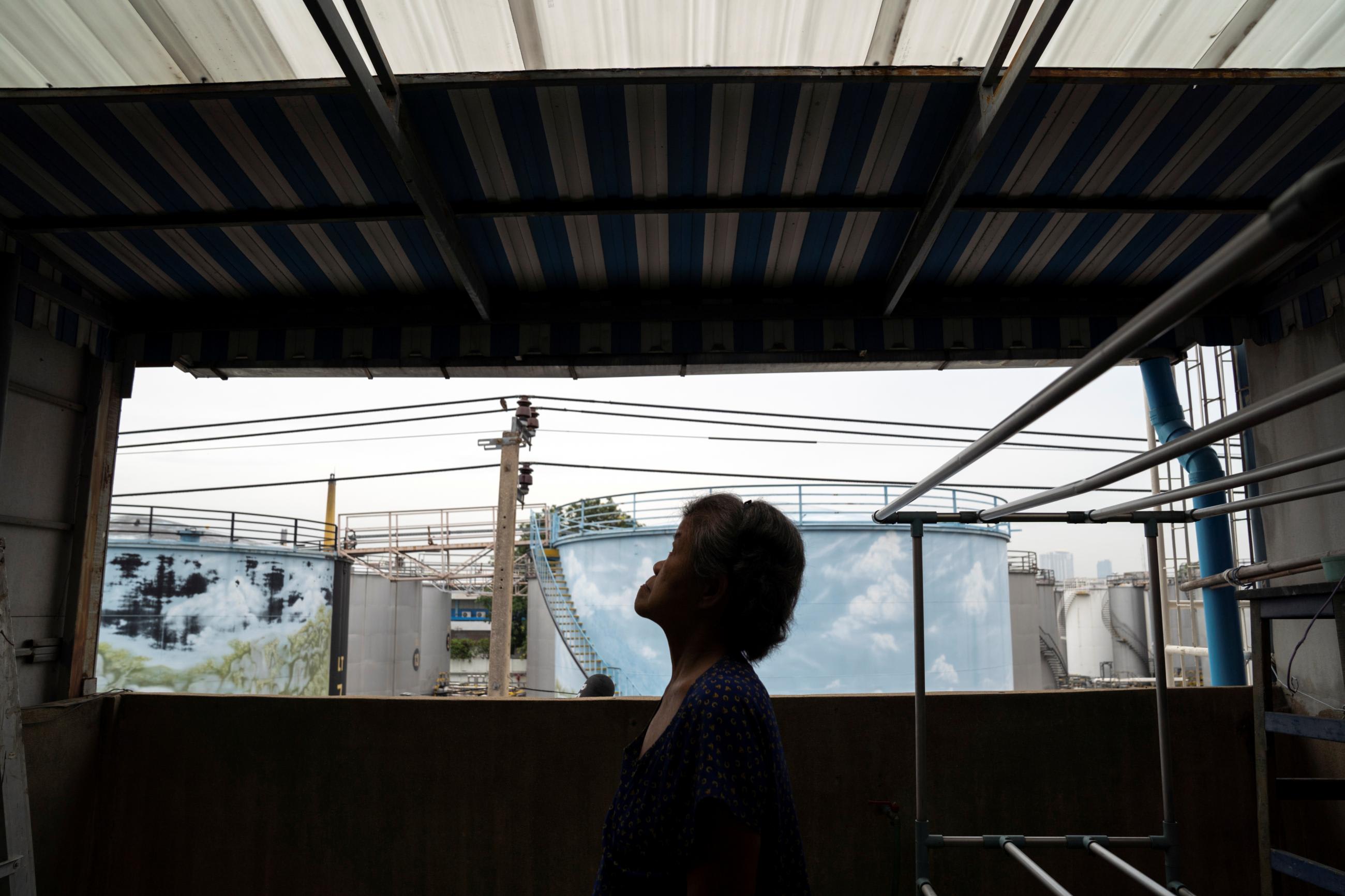
AUTHOR'S NOTE: We would like to clarify that we intend to be accurate and sensitive toward the issue of gender-based health differences and disparities. As researchers and clinicians, we further appreciate the complexity of the associations among biological sexes and gender identities and roles that give rise to the rich diversity of human self-identity and self-expression. The available data and literature compel us to use the term "gender" quite generically and report mostly on male-female or men-women differences. However, we realize that mental health issues across the gender-sex spectrum vary greatly and need further research and policy attention, particularly for marginalized groups. We hope this article serves as an initial effort in that direction. We do not intend to reduce the issue of gender-based health disparities into reductive binarizations. Hopefully, future research will allow more complete and sophisticated analyses.

